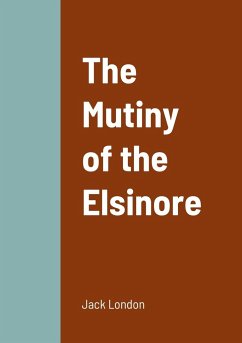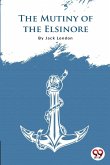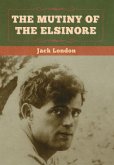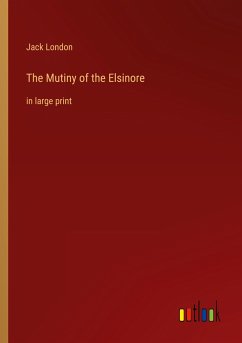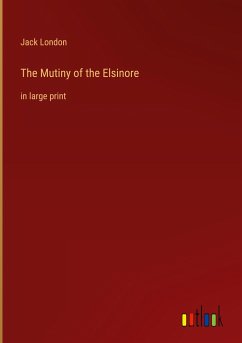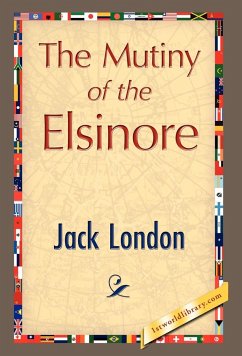The Mutiny of the Elsinore By Jack LondonThe Mutiny of the Elsinore is a novel by the American writer Jack London first published in 1914. After death of the captain, the crew of a ship split between the two senior surviving mates. During the conflict, the narrator develops as a strong character, rather as in The Sea-Wolf. It also includes some strong right views which were part of London's complex world-view. The novel is partially based on London's voyage around Cape Horn on the Dirigo in 1912.The character "De Casseres," who espouses nihilistic viewpoints similar to the ideas of French philosopher Jules de Gaultier, is based on London's real-life friend and journalist Benjamin De Casseres.The novel has been adapted into films three times. In 1920 an American silent version The Mutiny of the Elisnore was made. A 1936 French adaptation Les mutinés de l'Elseneur directed by Pierre Chenal and a 1937 British film The Mutiny of the Elsinore were both made in sound.From the first the voyage was going wrong. Routed out of my hotel on a bitter March morning, I had crossed Baltimore and reached the pier-end precisely on time. At nine o'clock the tug was to have taken me down the bay and put me on board the Elsinore, and with growing irritation I sat frozen inside my taxicab and waited. On the seat, outside, the driver and Wada sat hunched in a temperature perhaps half a degree colder than mine. And there was no tug. Possum, the fox-terrier puppy Galbraith had so inconsiderately foisted upon me, whimpered and shivered on my lap inside my greatcoat and under the fur robe. But he would not settle down. Continually he whimpered and clawed and struggled to get out. And, once out and bitten by the cold, with equal insistence he whimpered and clawed to get back. His unceasing plaint and movement was anything but sedative to my jangled nerves. In the first place I was uninterested in the brute. He meant nothing to me. I did not know him. Time and again, as I drearily waited, I was on the verge of giving him to the driver. Once, when two little girls-evidently the wharfinger's daughters-went by, my hand reached out to the door to open it so that I might call to them and present them with the puling little wretch. A farewell surprise package from Galbraith, he had arrived at the hotel the night before, by express from New York. It was Galbraith's way. Yet he might so easily have been decently like other folk and sent fruit . . . or flowers, even.
Hinweis: Dieser Artikel kann nur an eine deutsche Lieferadresse ausgeliefert werden.
Hinweis: Dieser Artikel kann nur an eine deutsche Lieferadresse ausgeliefert werden.

